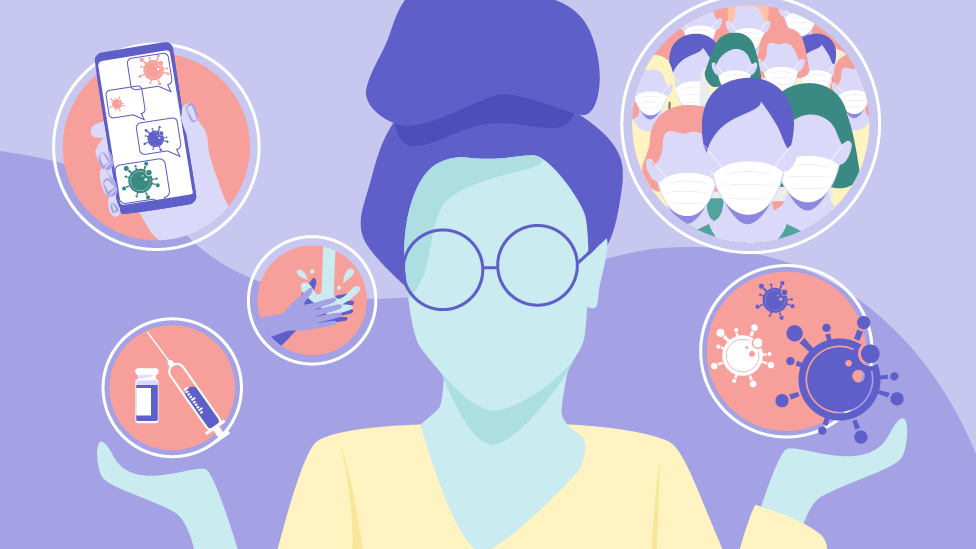Covid-19 lockdown left NI young people in limbo, says research
- Published
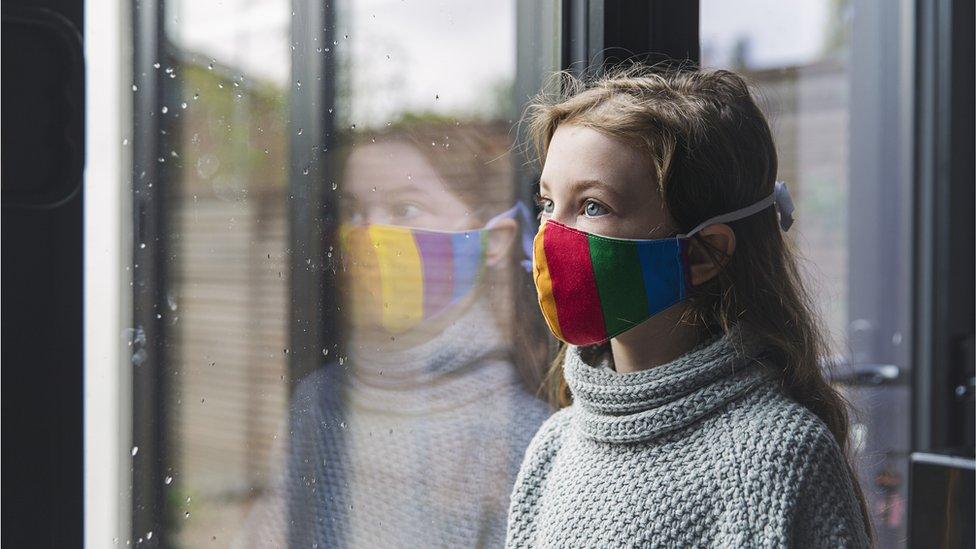
Not playing sport, not seeing family and friends and not being in school were the most difficult aspects of lockdown for young people, says the research
Lockdown left many children and young people "feeling like they were in limbo", according to research carried out for Stormont's Education Committee.
Many said that not seeing friends and family, not being in school and not playing sport had been the most difficult aspects of lockdown.
A lot said they "loved" being back at school.
Hundreds of children and young people's views were received as part of the "My life and learning in lockdown" project.
The interim mental health champion Prof Siobhan O'Neill has previously said that things that "made life meaningful" were taken from children and young people due to lockdowns and the pandemic.
Many children and young people who took part in the Education Committee's inquiry expressed a similar opinion.
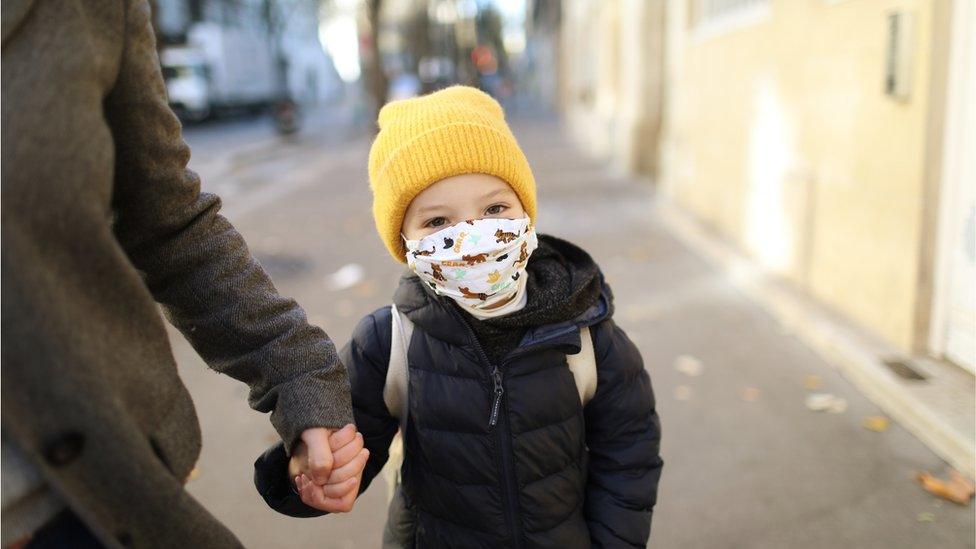
Not being in school was among the most difficult aspects of lockdown for young people, says the research
Their views were gathered in two online events - one for over 16s and one for refugees and asylum seekers.
Focus groups - 21 in total - were also held in 19 primary and post-primary schools, involving about 300 pupils.
Assembly members received a briefing on what they had said about life in lockdown on Wednesday.
'Days merged into one'
Many said they had missed seeing family members the most, according to Louise Close, from the Northern Ireland Assembly's Engagement Office.
"Friends and family - and meeting people in person, socialising and meeting new people as well - was a common thread through all the groups," said Ms Close
"A combination of uncertainty and lack of motivation left young people feeling like they were in limbo.
"Another trend that came across through all of the groups was a lack of mental health support.
"Sport and extra-curricular activities were something they all missed. A lot of the groups said that days or weeks just merged into one"
Some of comments made by young people were quoted to the committee.
"The most difficult thing was my mental health and trying to keep emotions in check, there was a lot of stress with lockdown and being stuck inside," one said.
"I missed being with my friends and being able to spend time with them."
Another said: "I think for me, being in care, the thing I missed most was seeing my family.
"I was unable to see my mammy and sister due to the restrictions."
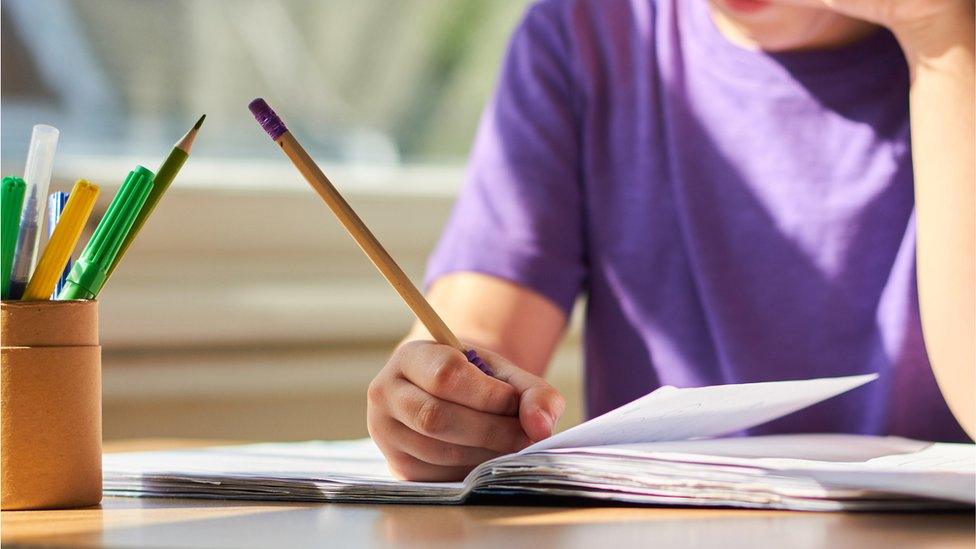
Mental health support available to children "varied greatly", the committee heard
Ms Close said that many young people reported that they did not receive adequate mental health support from their schools.
"The support varied greatly, many saying there was little or none at all.
"If there were initiatives, they felt like they were tokenistic - things like having a thought for the day or being sent YouTube videos or pamphlets.
"A lot of the young people agreed that they asked for help but found that adults tried to invalidate it."
One young person reported: "The only support we were given was having to answer a three-question Google form, although even if we said we were struggling it was never acknowledged."
"Systemic mental health support was pretty non-existent but individual teachers were sometimes helpful," another said.
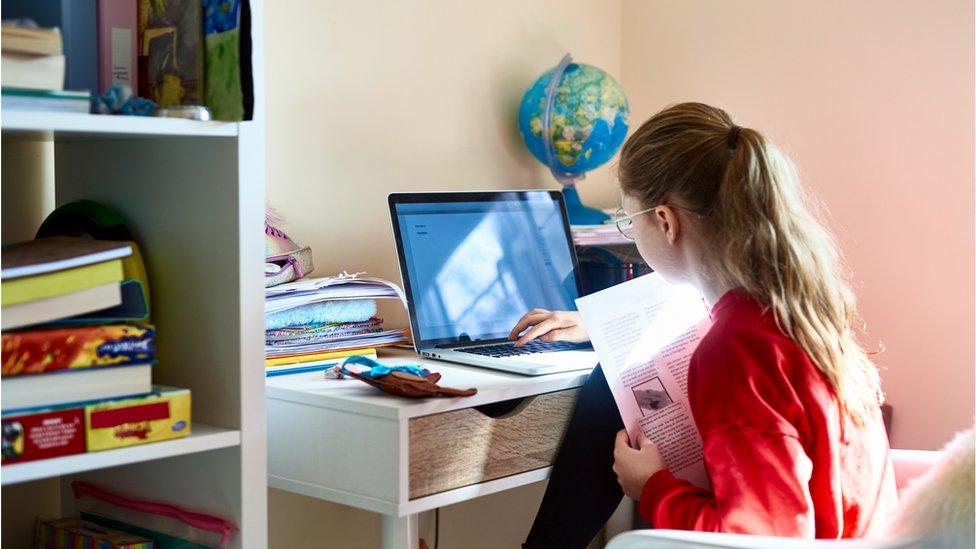
Online learning was another aspect of the pandemic a number of young people found difficult
A number of pupils also said that learning online had been difficult.
"One young person was taking A-levels and never had a live online session through the whole of lockdown, and he felt it was incredibly isolating and expected it to change in the second lockdown but that wasn't the case," Ms Close told assembly members.
Some, though, said there had been some good things about lockdown.
"Lockdown provided an opportunity to slow down, reflect and realise that they'd maybe been taking some things for granted," Ms Close said.
"Some young people said that they felt more confident and had room to grow in lockdown."
Others said they became more thankful for their family and friends, and had a "new found appreciation" for the NHS and other key workers.
Marina McConville, from the assembly's Education Service, told MLAs that a lot of children said they had missed important events in lockdown.
"Birthday parties, P7 leaver events and also leaver events for exam classes at secondary level, religious events like first communion and confirmation, school trips as well," she said.
"Primary pupils missed playing with their friends, going to visit their houses, going to the park - that sort of thing.
"Sport was also very big - missing their sport, missing football and Gaelic.
"Also we had rugby, tennis, golf competitions, horse shows, hurling, so all sorts of activities."
During the lockdown in 2021, only elite sport was allowed.
Ms McConville also said many pupils missed "just being able to go out and go somewhere".
"The repetitive nature of every day was a problem for a lot of young people," she said.
The education committee is to use the views received to produce a report on children and young people's experiences in lockdown.
- Published3 February 2021
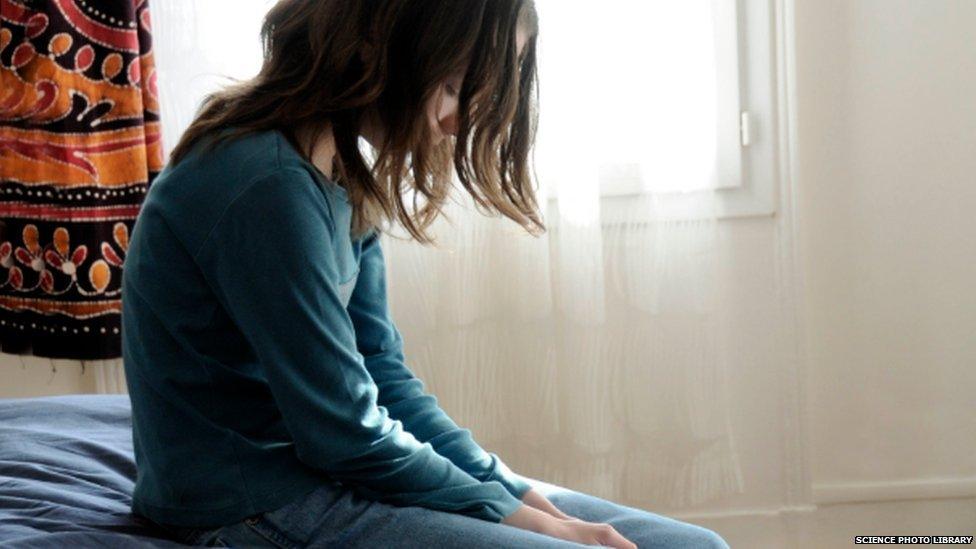
- Published23 February 2021
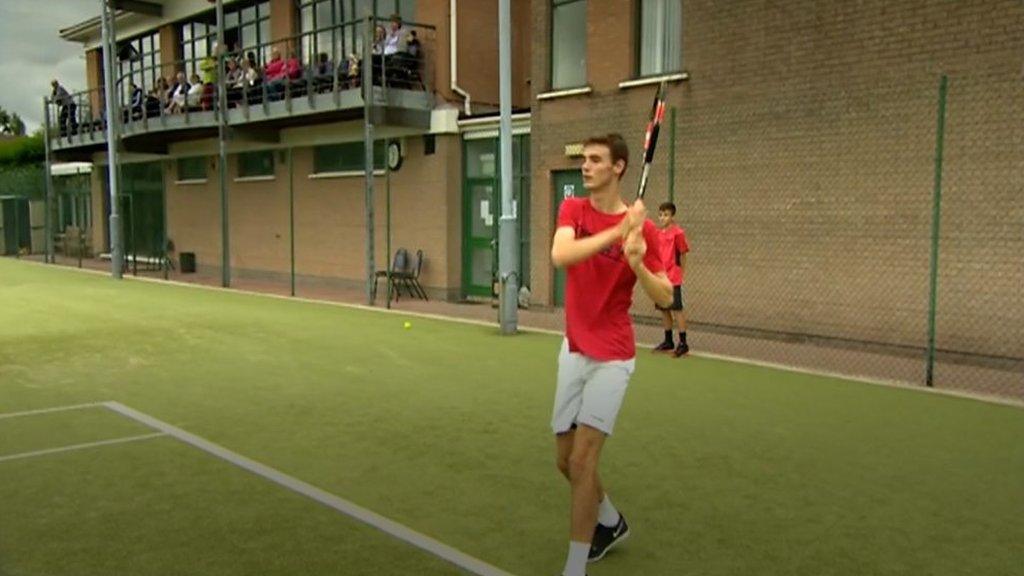
- Published29 June 2021
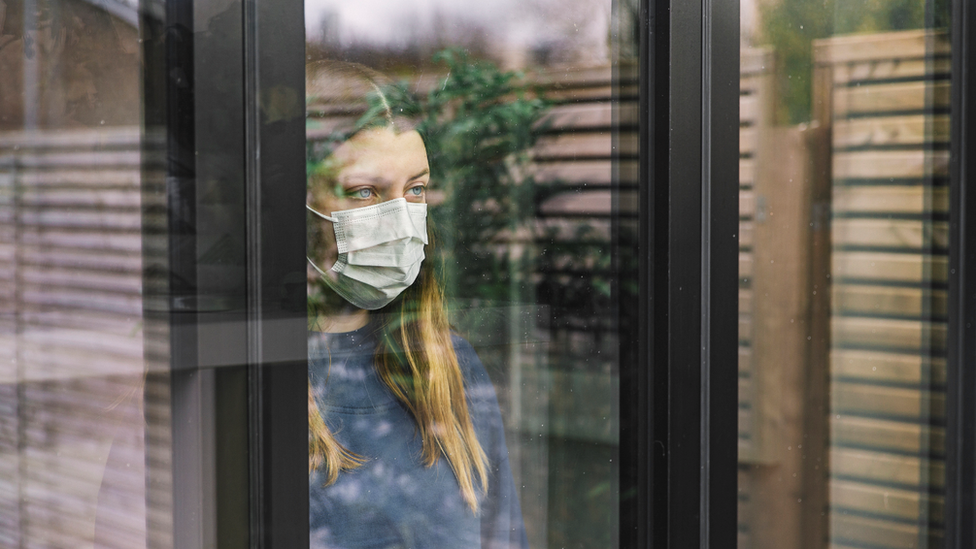
- Published10 May 2021
